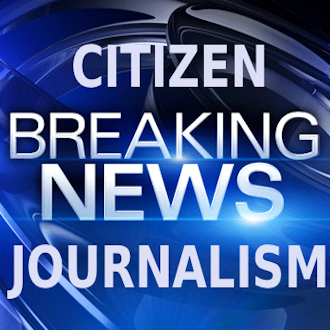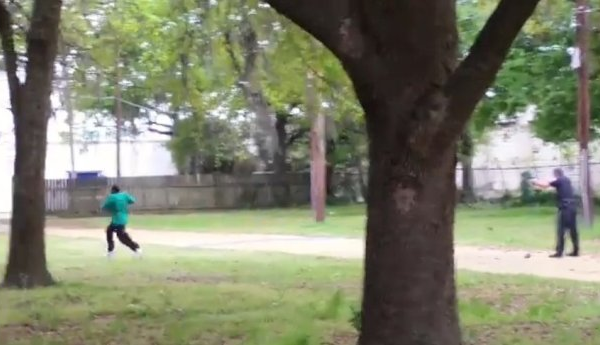 A conservative video blogger with over a million views on YouTube said this week that he would likely vote for Democratic presidential candidate Hillary Clinton because he was terrified that a Republican president would take away his affordable health insurance.
A conservative video blogger with over a million views on YouTube said this week that he would likely vote for Democratic presidential candidate Hillary Clinton because he was terrified that a Republican president would take away his affordable health insurance.James Webb, a 51-year-old YouTube Tea Party celebrity who devotes his “Hot Lead” channel to rightwing rants, revealed he is torn over which party to vote for in the 2016 election.
“And I’m serious because I asked myself, ‘Which party has helped me out the most in the last, I don’t know, 15 years, 20?’ And it was the Democrat [SIC] Party,” Webb lamented. “If it wasn’t for Obama and that Obamacare, I would still be working.”
“With Obamacare, I got to retire at age 50 because if it wasn’t for Obamacare, I would have had to work until I was 65 and get on Medicare because health insurance is expensive when you’ve got medical problems,” he continued.
“But you know, the Republican Party, they haven’t done nothing for me, man. Nothing,” he remarked. “So, I’m leaning toward voting for Hillary unless something major comes up.”
Web continues, “I don’t trust the Republicans anymore because they’re wanting to repeal the Obamacare. And I don’t want them to do that, man, because then I’ll have to go to work again. My life’s already planned out.”
“Just a tough decision,” Webb sighed. “I voted for Republicans for 32 years, I’m a charter member of my Tea Party Patriots chapter. I’m also a veteran of the U.S. Army under Reagan, when Reagan was in. That was great when Reagan was in there.”
“Things have changed. So unless the Republicans change with it, I’m probably going to have to swing my vote over toward Hillary.”







